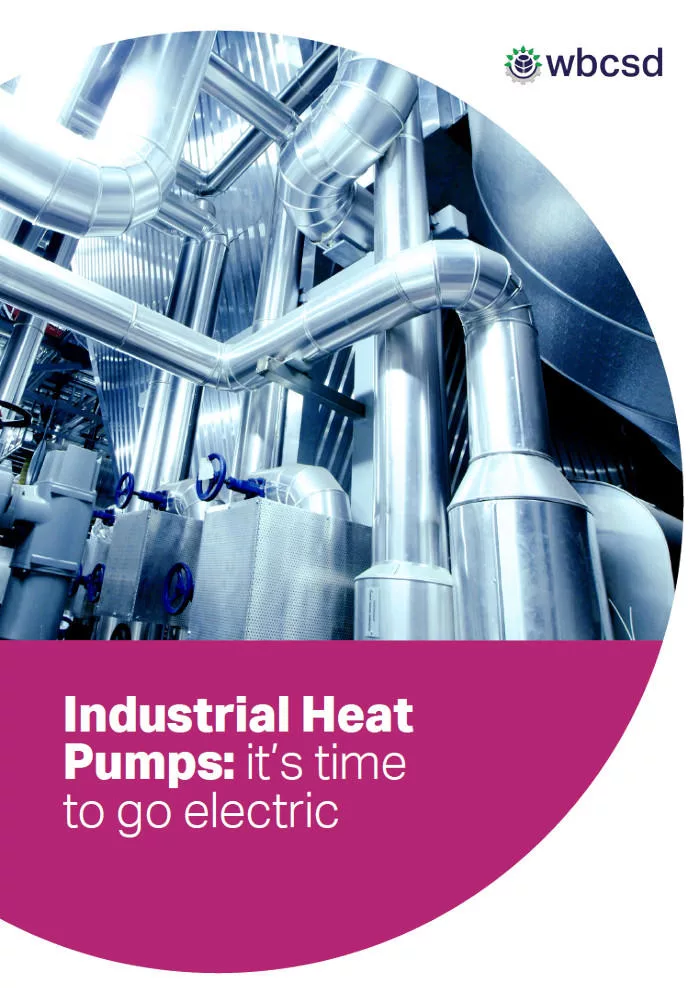
Published
21 September, 2022Type
PublicationThe electrification of heat is a key opportunity for industry and is crucial for tackling the climate emergency. The heat used to run industrial processes alone accounts for 29% of global energy demand and 15% of all greenhouse gas emissions and therefore represents an essential element of any credible pathway to net-zero carbon emissions.
Heat pumps are a great starting point for decarbonizing industrial heat because they are easily scalable and have superior efficiencies, particularly in light industry, where there are typically lower temperature heating requirements.
While there is huge potential for using heat pumps to supply industrial heat, its overall deployment has previously been limited by technology barriers, insubstantial policy incentives and challenging energy market conditions.
This report presents how key market and policy trends are significantly improving the business case for electrification in general and heat pumps specifically. It also supports businesses in scaling up industrial heat pumps by outlining key approaches they can take to maximize the financial and strategic benefits that heat pumps provide, including:
- Leverage future utility and carbon price scenarios to understand the lifetime costs of all heat solutions and the policy and market risks associated with fossil fuel-based heat;
- Seek opportunities to couple heating and cooling applications either within the company or externally and leverage existing waste heat streams;
- Pursue opportunities to make use of variable electricity tariffs and potential revenue generation opportunities by providing grid-balancing services;
- Embrace alternative business models and financing mechanisms such as Heat as a Service;
- Seize opportunities to minimize disruptions and capital costs by installing heat pumps during planned outages and at sites with no or limited additional grid connection costs.
